- Home›
- Healthy Living›
- 10 Side Effects Of Eating Excessive Cashews
10 Side Effects Of Eating Excessive Cashews
By: Priyanka Maheshwari Tue, 02 July 2024 3:26:28
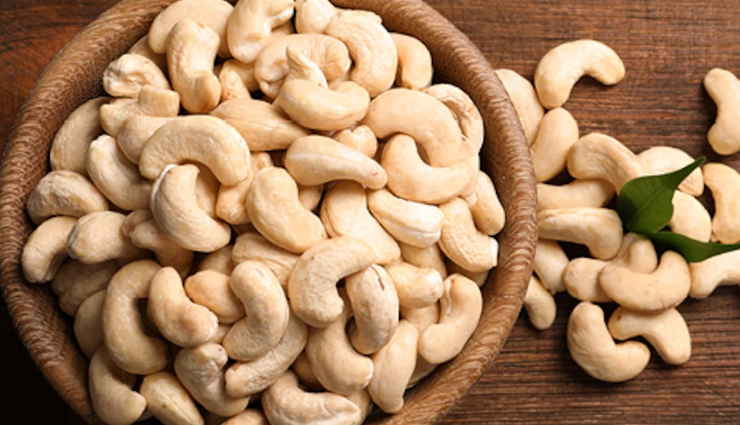
Cashews are delicious nuts that are widely enjoyed for their rich flavor and versatile culinary uses. They are native to Brazil but are now cultivated in various tropical regions worldwide. Cashews offer a range of nutrients that contribute to their nutritional value.The nutritional profile of cashews:
Healthy Fats: Cashews are known for their high content of healthy fats, particularly monounsaturated fats. These fats, including oleic acid, can help promote heart health by reducing bad cholesterol levels (LDL) and increasing good cholesterol levels (HDL).
Protein: Cashews are a source of plant-based protein, making them a suitable choice for vegetarians and vegans. Protein is essential for various bodily functions, including muscle growth and repair.
Carbohydrates: Cashews contain a moderate amount of carbohydrates, which provide energy for the body. The carbohydrates in cashews primarily consist of starches and dietary fiber.
Dietary Fiber: Cashews are a good source of dietary fiber, which is important for digestive health. Fiber promotes regular bowel movements, helps maintain satiety, and may assist in managing weight.
Vitamins: Cashews contain a range of vitamins, including vitamin E, vitamin K, and B vitamins such as thiamin, riboflavin, niacin, and folate. These vitamins play various roles in maintaining overall health, including supporting immune function, promoting energy production, and aiding in nerve function.
Minerals: Cashews are rich in minerals such as magnesium, phosphorus, copper, and manganese. Magnesium is essential for bone health, muscle function, and energy production. Phosphorus is involved in the formation and maintenance of healthy bones and teeth. Copper plays a role in iron absorption and the production of red blood cells, while manganese acts as an antioxidant and contributes to bone health.
Antioxidants: Cashews contain antioxidants, including flavanols and tocopherols, which help protect cells from damage caused by harmful free radicals. These antioxidants may have anti-inflammatory and disease-fighting properties.
It's important to note that while cashews offer several health benefits when consumed in moderation, excessive intake can lead to certain side effects. In this article, we will explore 10 potential side effects of eating excessive cashews.

# Weight Gain
Cashews are calorie-dense nuts. Consuming excessive amounts without considering overall calorie intake may contribute to weight gain. It is important to consume cashews in moderation as part of a balanced diet.
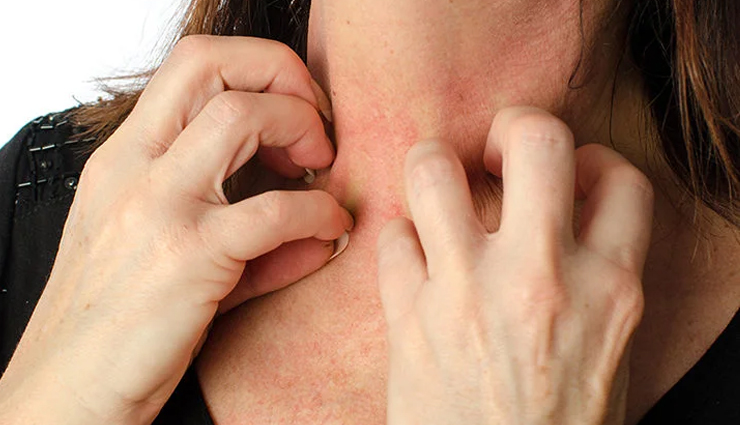
# Allergies
Some individuals may be allergic to cashews. Allergic reactions to cashews can range from mild symptoms like itching and hives to more severe reactions such as difficulty breathing or anaphylaxis. If you experience any allergic symptoms after consuming cashews, seek medical attention immediately.
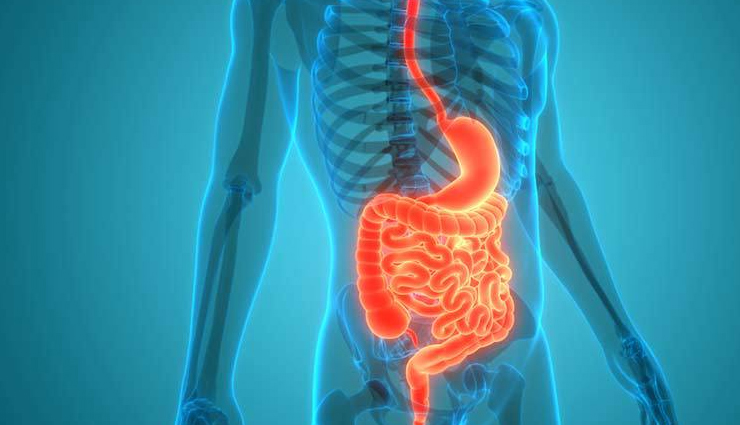
# Digestive Issues
Eating excessive cashews can lead to digestive discomfort. Cashews are high in fat and fiber, and overconsumption may result in bloating, gas, and even diarrhea. It is important to consume cashews in moderation and be mindful of your individual tolerance.
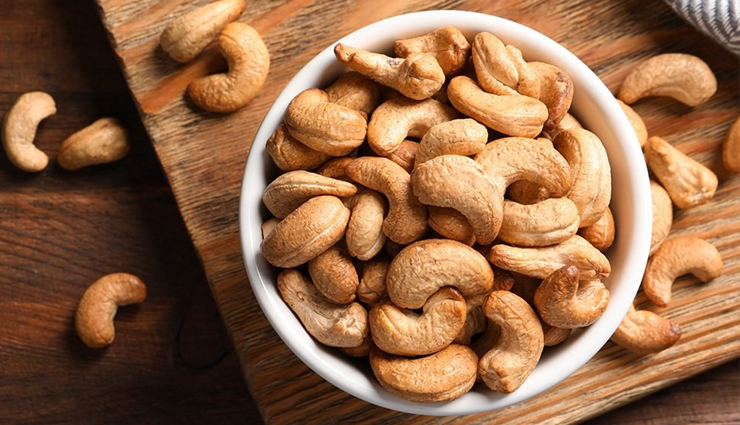
# Nutrient Imbalance
While cashews are rich in nutrients, including healthy fats, vitamins, and minerals, consuming excessive amounts can upset the balance of nutrients in your diet. Relying heavily on cashews as a snack may result in inadequate intake of other essential nutrients.
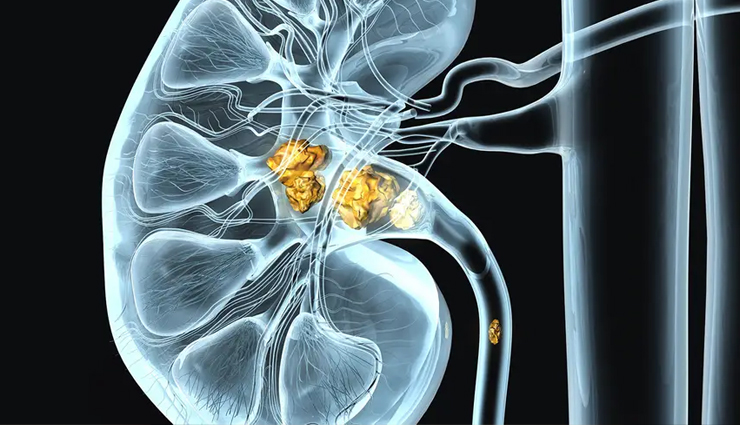
# Oxalate Buildup
Cashews contain oxalates, which are naturally occurring compounds found in many plant-based foods. Excessive consumption of cashews can lead to oxalate buildup in the body, potentially contributing to the formation of kidney stones in susceptible individuals.

# Allergic Reactions to Toxic Oil
Cashews are covered by a toxic oil called urushiol, which is also found in poison ivy. Improper processing or consuming cashews that are not properly roasted or cooked can lead to allergic reactions or skin irritations.

# Interference with Medications
Cashews contain certain compounds that can interact with medications. For instance, they may interfere with blood-thinning medications. If you are taking any medications, it is important to consult with your healthcare provider about potential interactions with cashews.
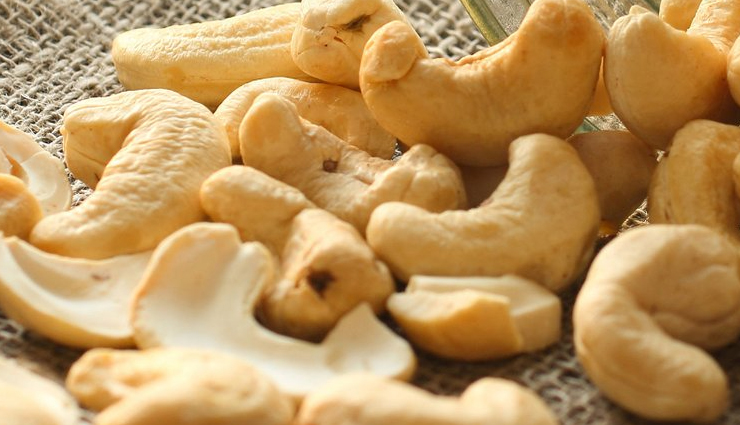
# Potential Acrylamide Exposure
Cashews, like other nuts, contain certain amino acids that can contribute to the formation of acrylamide when roasted at high temperatures. Acrylamide is a chemical that forms during cooking and has been associated with potential health risks.
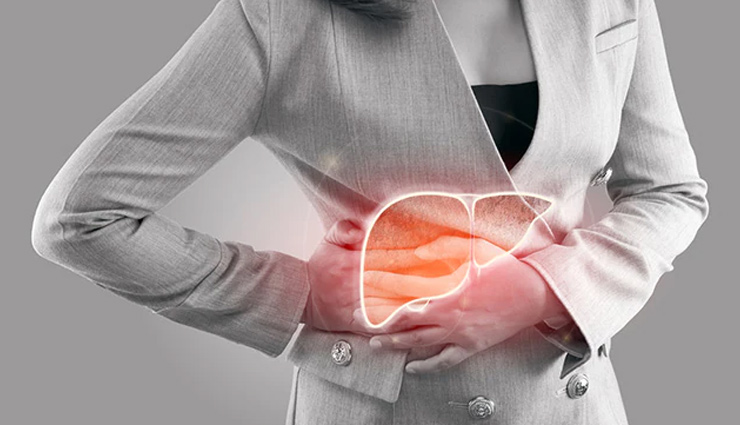
# Copper Toxicity
Cashews are a good source of copper, an essential mineral needed in small amounts for various bodily functions. However, excessive intake of copper from cashews or other sources can lead to copper toxicity, which may cause symptoms such as nausea, vomiting, and liver damage.

# Increased Risk of Nut Allergies in Infants
Excessive consumption of cashews during pregnancy or breastfeeding may increase the risk of developing nut allergies in infants. It is recommended to consult with a healthcare professional to determine the appropriate dietary choices during this period.





